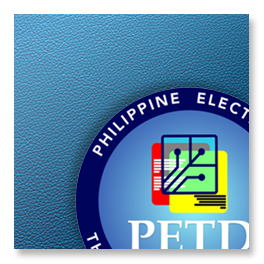The Percentage Law and the Mediation of Political Conflict
Abstract: In the last 10 years, a new tax incentive for charitable giving has swept through Central and Eastern Europe. Known as the percentage law, it allows tax payers to give a portion of their income-tax burden to a not-for-profit organization (NPO) of their choice. Hailed as a method for increasing local participation in civil society, a form of the law has been adopted in 8 countries with several others considering its implementation. Using the analytical tools of public choice to frame historical events, this dissertation shows that it is conflict that drove the implementation of the law and not the demand for coordination in civil society. Furthermore, behavioral experiments show greater crowding-out effects under the law, while field interviews with leaders of NPOs confirm that the law has little impact on the participation of all but the largest NPOs. The study predicts that countries with bimodal preference are more likely to implement the percentage law than are countries with normally distributed preferences.
Related Resources
Immigrants from Western Europe to the United States are commonly assumed to be racially white. Almost no attention has been paid, however, to recent changes occurring within the composition of the Western European immigrant population: individuals who were born in Western Europe but whose families...
The EU guarantees the free movement of persons. The citizens of the EU Member States have the right to move freely without barriers within the EU borders and this result in an integration of the peoples in Europe. The integration result in several international family relationships. It is not...
